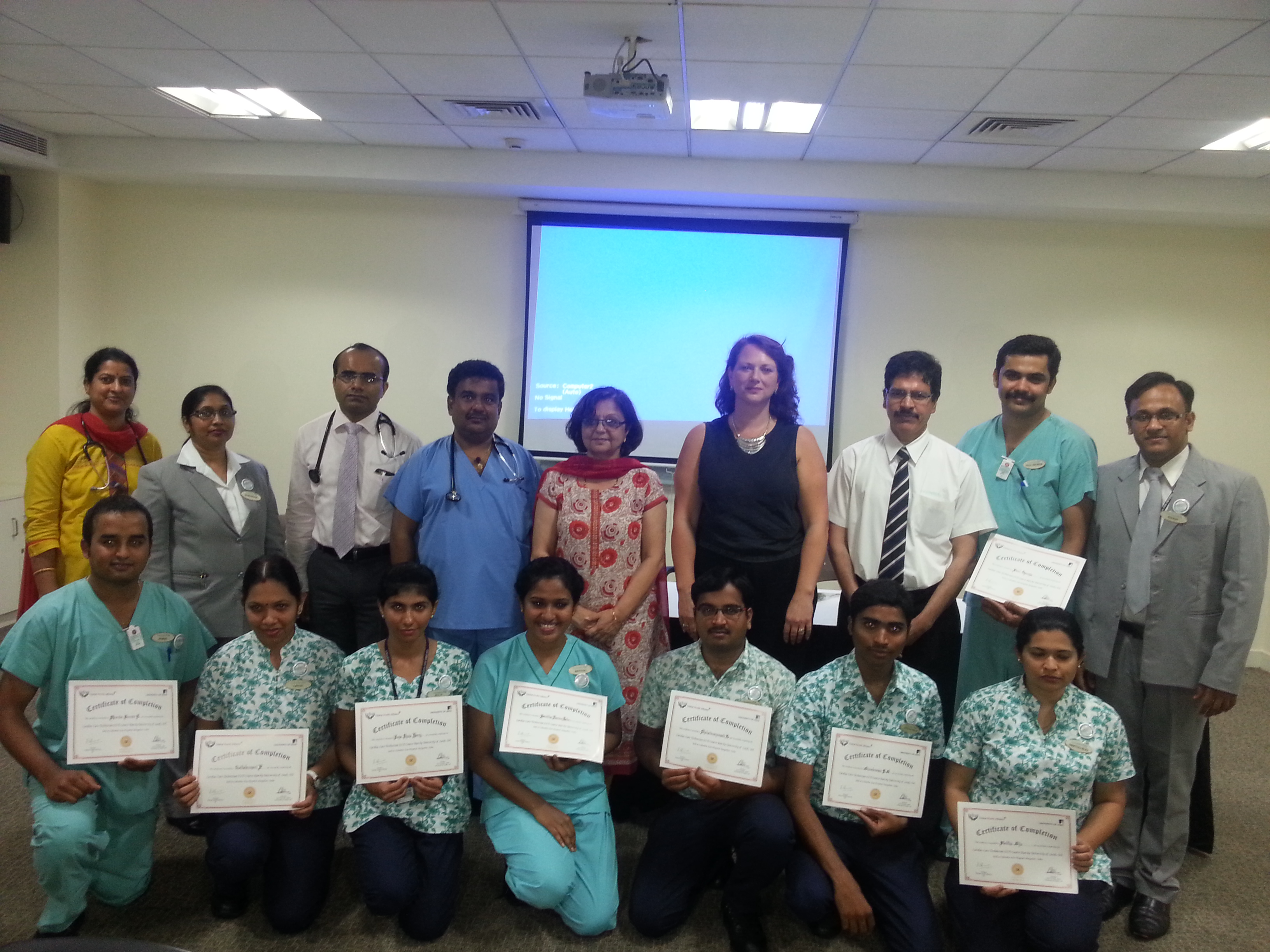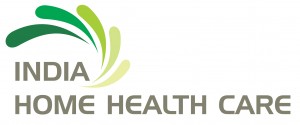
Nurses are indispensable for an efficient healthcare system. As the first line of contact with the patients, nurses are exposed to hundreds of occupational hazards that can have an adverse impact on the health of a nurse both in the short and the long term. On the World International Nurses Day, Col. Binu Sharma, President, Infusion Nurses Society (INS)-India, says it is important for nurses to safeguard themselves from hazards since they are involved in keeping a patient healthy.
In a healthcare setup, providing excellent patient care is vital but so is ensuring good health and well-being of nurses. It is widely known and recognised that nurses are a crucial part of the healthcare system. They are involved in every kind of healthcare practice setting including public health, private hospitals, skilled nursing facilities, emergency care institutions, clinics, industrial settings and home care. A nurses skills and training immensely contribute to better patient outcomes in different care settings. Nurses are, thus, confronted with a variety of occupational hazards “ biological, chemical and physical.

Occupational hazards can have an adverse impact on the health of a nurse both in the short and the long term. The nurses might be susceptible to blood borne infections, sharp injuries, exposure to hazardous drugs and radiations, musculoskeletal injuries, infections, mental health disorders, and in the longer run, cardiovascular and metabolic diseases. Therefore, it is important that they get trained on the best technology that helps them deliver quality patient care and minimises risks to patients.
According to the World Health Organisation (WHO), one in 10 patients is harmed while receiving hospital care. At any given time, 1.4 million people worldwide suffer from infections acquired in hospitals. Medication errors are the most common types of error and account for 78 per cent of serious medical errors in the ICU. With advancements in the number and types of medications and antibiotics infused to the patients, delivering infusion has become highly challenging, thus increasing the demand for skilled and knowledgeable professionals.
Nurses should be well equipped with techniques for intra venous device insertion-which include site selection, securing of IV, right size cannula etc., management of invasive lines like central, arterial, reconstitution and administration of medications like antibiotics, chemotherapy, total parenteral nutrition, etc, blood and blood product transfusion, infection control practices and preventing and managing complications.

Infusion teams are being established in Indias hospitals and registered nurses under Infusion Nurses Society (INS) India have been undergoing special certification on IV therapy training, specialised care and counselling for patients who require intravenous treatment and catheterisation.
Nurses are an integral part of our healthcare system. They are exposed to very high risk environment in the hospitals, pertaining to various infections and communicable diseases. It is important for nurses to safeguard themselves from hazards since they are involved in keeping a patient healthy. The nature of nurses’ work is highly stressing and demanding and they are prone to human errors while providing care. Thus, nurses should be given the proper training and skills and should follow safety guidelines to ensure optimum quality of patient care says Col. Binu Sharma, President, Infusion Nurses Society, India.
In a first of its kind initiative in the country, Infection Control Forum (ICF) has been formed to address an emerging need of hospitals and nursing homes. Guidelines have been put together- titled “Minimum Essential Standards in Infection Control for Healthcare Institutions” that are adapted from globally accepted evidence-based guidelines. This guidebook is acting as an enabler for hospitals, healthcare professionals and nursing homes. It provides specific recommendations related to hand hygiene, safe use and disposal of medical equipment and instruments, waste management and prevention of blood stream infections and beyond. The first Infection Control Forum was formed in Coimbatore (ICF-CBE) “ country’s first cross-functional forum of 6 hospitals infection control committees of an individual city.
The six hospitals of ICF comprised of GKNM, KMCH, PSG, Ganga, KG and Ramakrishna. Successful implementation of these guidelines is expected to reduce morbidity, hospital stay, cost and contribute to a reduction in mortality, which are a result of such infection have been drafted keeping in mind the various limitations that nursing homes face in terms of man-power shortage, infrastructure limitations and the like. The nursing homes can now overcome operational and technical challenges to ensure that basic infection control practices and patient safety features are implemented.
With appropriate guidelines and protocols, the challenges and hurdles in patient care can be overcome. There are many studies which show that there is a correlation between nurses education and training and better patient outcomes. It is necessary for healthcare providers and caretakers to identify gaps and provide appropriate skills that help in the treatment of patients. Emphasising and ensuring the skilling of the present and future nursing workforce is a significant factor for achieving quality care for patients.
Be a part of Elets Collaborative Initiatives. Join Us for Upcoming Events and explore business opportunities. Like us on Facebook , connect with us on LinkedIn and follow us on Twitter , Instagram.










